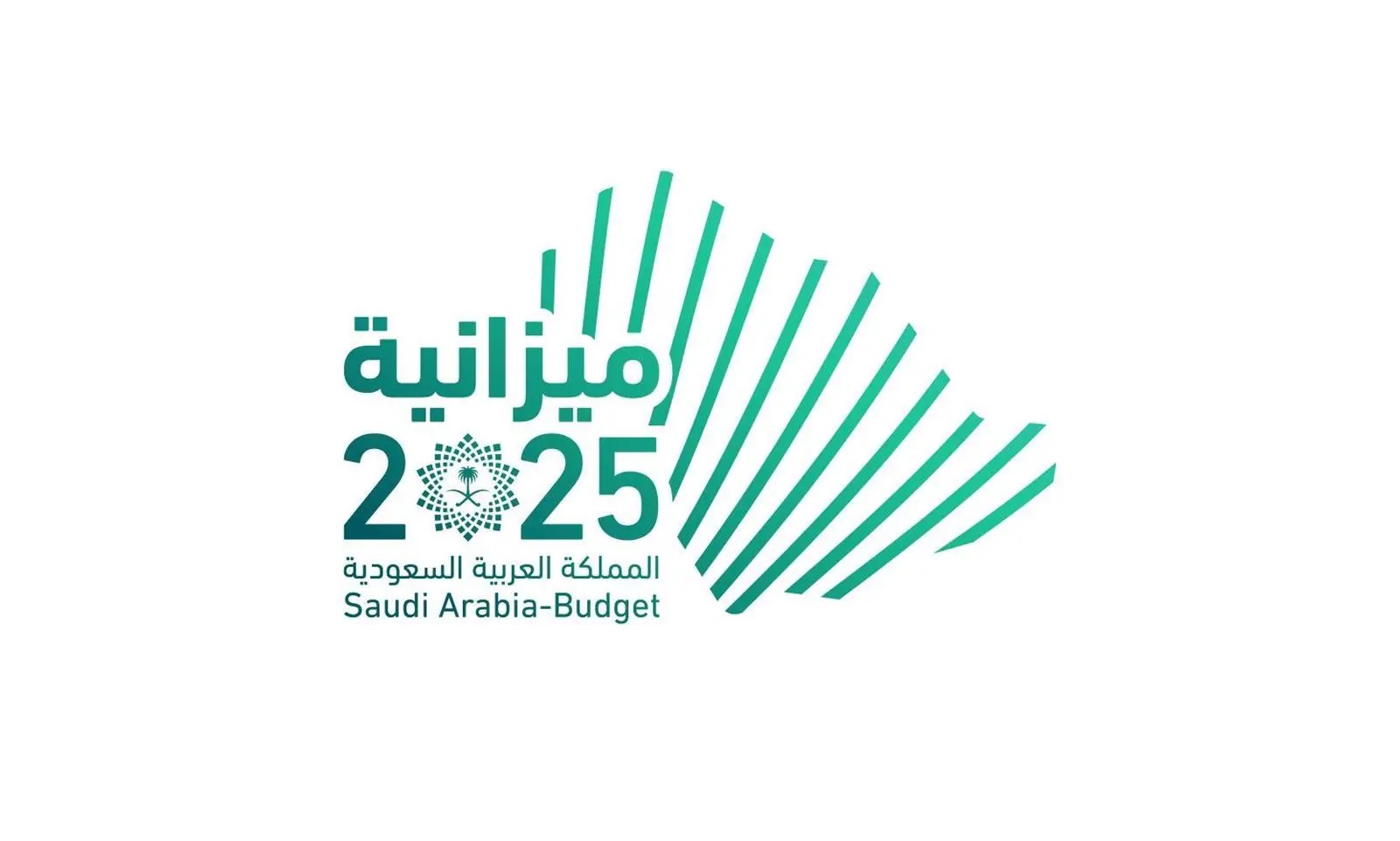
Saudi Ministry of Finance Announces Budget Statement for FY 2025 with Expenditures Estimated at SAR1,285 Billion and Revenues at SAR1,184 Billion
The Saudi Ministry of Finance announced today, November 26, 2024, the Budget Statement for Fiscal Year 2025, estimating total expenditures of SAR1,285 billion, and total revenues of SAR1,184 billion. These estimates indicate a deficit of SAR101 billion, which represents about 2.3% of Gross Domestic Product (GDP).
The FY 2025 Budget Statement highlights the numbers and details of the budget in terms of revenues and expenditures, while also addressing the most important achievements by sector in 2024, their targets in 2025, and the most prominent financial and economic developments in the Kingdom. This narrative confirms that the Government will continue funding and supporting the implementation of programs, initiatives, and economic transformation projects in line with Saudi Vision 2030, while maintaining spending efficiency and fiscal sustainability over the medium- and long-term.
The Saudi Minister of Finance, Mohammed Al-Jadaan, expressed his gratitude and appreciation to the Custodian of the Two Holy Mosques and His Royal Highness the Crown Prince for their invaluable support and unwavering guidance in achieving the goals of the Saudi economy and public finance to deliver strong economic, social, and environmental returns, and to utilize the Kingdom's resources and strengths. These returns can be seen in the Kingdom's progress on multiple fronts. He said that the economic transformation journey of the Kingdom's Government is ongoing towards diversification, innovation, and investment in promising sectors, noting that the results to date confirm the success of economic and fiscal reforms. These reforms will continue to enhance comprehensive economic growth and develop public financial management, focusing on improving the quality of services provided to citizens, residents, and visitors.
Minister Al-Jadaan noted that the Government aims to expand strategic spending through the FY 2025 Budget on development projects in line with sectoral strategies and Saudi Vision 2030 programs. The Government also confirmed its commitment to delivering programs and projects with sustainable economic, social, and environmental returns. The Government will further enhance the business environment to improve its attractiveness, as well as improve the Kingdom's trade balance, while increasing the volume and types of local and foreign investments.
He also stressed that the Government, through this and previous budgets, continues to prioritize citizens and their basic needs, as spending continues on education, health and social services sectors. Programs and projects also continue to raise the quality of government services and facilities, as well as to develop infrastructure in various regions of the Kingdom, which contributes to improving the quality of life, with a continuing focus on enhancing the system of social support and benefits while increasing their effectiveness.
Minister Al-Jadaan reiterated that the deficit is part of the overall fiscal planning for the budget. He also said that the Government aims to continue domestic and international fiscal operations to bridge the expected 2025 deficit and repay debt due during 2025 and over the medium term. The Government also aims to take advantage of available market opportunities to implement alternative government fiscal operations that enhance economic growth, such as spending that is directed towards strategies, mega projects, and Saudi Vision 2030 programs. It is expected that the public debt balance will reach SAR1,300 billion (29.9% of GDP) by the end of 2025, compared to SAR1,199 billion (29.3% of GDP) in 2024.
Minister Al-Jadaan added that the 2025 budget aims to maintain Saudi Arabia's financial position and achieve fiscal sustainability by maintaining sustainable levels of public debt and considerable government reserves to enhance the Kingdom's ability to deal with external shocks, as it is expected that the balance of government reserves at the Saudi Central Bank (SAMA) will continue to be maintained by the end of 2025 at the same level as 2024, which will reach about SAR390 billion.
He emphasized that the economic and fiscal reforms in the Saudi economy have improved fiscal and economic indicators, marking an important stage in the process of economic diversification and financial stability. Minister Al-Jadaan noted that preliminary forecasts for FY 2024 indicate the increasing role of non-oil activities in enhancing the growth of total real GDP, which is a result of continuous initiatives and reforms aimed at increasing the private sector's contribution to GDP and enabling it to become the main engine of economic growth.
Minister Al-Jadaan said that the Government's continued efforts to develop the labor market contributed to providing quality jobs, which led to a decline in the unemployment rate among Saudis to its lowest historical level, reaching 7.1% by the end of the second quarter of 2024. In addition, the women's participation rate in the labor market reached 35.4%, exceeding the Vision's target of 30%. These positive numbers are a result of efforts to diversify the economy by strengthening promising sectors, empowering the private sector, and implementing development projects under Saudi Vision 2030, as well as allowing more segments of society to enter the labor market through new work patterns.
Minister Al-Jadaan praised the pivotal role of Saudi citizens in supporting comprehensive and sustainable economic development, highlighting how they embodied the Saudi Vision 2030 theme of a "vibrant society", and contributed with enthusiasm and innovation towards excellence in many sectors and fields.
He concluded his statement by highlighting that the global economy is witnessing improvement despite the continuing escalating geopolitical conflicts that could create new challenges in the near term. However, the Kingdom has maintained its strong financial position and continued to implement its development projects and plans and has not been significantly affected due to its effective fiscal policies set by the Government to ensure its readiness to face any domestic or global economic challenges.








